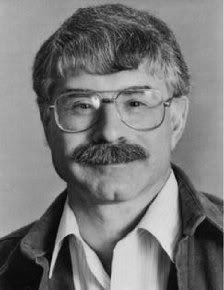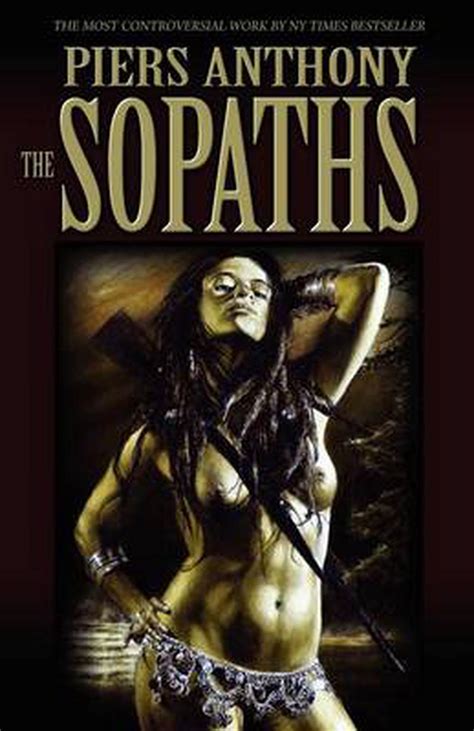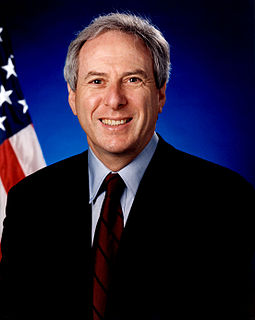A Quote by Hugo Chavez
I love books. If they are good books, I love them even more. But even if they are bad books, I still love them.
Related Quotes
One's life is more formed, I sometimes think, by books than by human beings: it is out of books one learns about love and pain at second hand. Even if we have the happy chance to fall in love, it is because we have been conditioned by what we have read, and if I had never known love at all, perhaps it was because my father's library had not contained the right books.
The world was a terrible place, cruel, pitiless, dark as a bad dream. Not a good place to live. Only in books could you find pity, comfort, happiness - and love. Books loved anyone who opened them, they gave you security and friendship and didn't ask anything in return; they never went away, never, not even when you treated them badly.
I love bookshelves, and stacks of books, spines, typography, and the feel of pages between my fingertips. I love bookmarks, and old bindings, and stars in margins next to beautiful passages. I love exuberant underlinings that recall to me a swoon of language-love from a long-ago reading, something I hoped to remember. I love book plates, and inscriptions in gifts from loved ones, I love author signatures, and I love books sitting around reminding me of them, being present in my life, being. I love books.
The current publishing scene is extremely good for the big, popular books. They sell them brilliantly, market them and all that. It is not good for the little books. And really valuable books have been allowed to go out of print. In the old days, the publishers knew that these difficult books, the books that appeal only to a minority, were very productive in the long run. Because they're probably the books that will be read in the next generation.
Electronic books are ideal for people who value the information contained in them, or who have vision problems, or who like to read on the subway, or who do not want other people to see how they are amusing themselves, or who have storage and clutter issues, but they are useless for people who are engaged in an intense, lifelong love affair with books. Books that we can touch; books that we can smell; books that we can depend on.
The books in Mo and Meggie's house were stacked under tables, on chairs, in the corners of the rooms. There where books in the kitchen and books in the lavatory. Books on the TV set and in the closet, small piles of books, tall piles of books, books thick and thin, books old and new. They welcomed Meggie down to breakfast with invitingly opened pages; they kept boredom at bay when the weather was bad. And sometimes you fall over them.
Books can be passed around. They can be shared. A lot of people like seeing them in their houses. They are memories. People who don't understand books don't understand this. They learn from TV shows about organizing that you should get rid of the books that you aren't reading, but everyone who loves books believes the opposite. People who love books keep them around, like photos, to remind them of a great experience and so they can revisit and say, "Wow, this is a really great book."
If religion and life depend upon books or upon the existence of any prophet whatsoever, then perish all religion and books! Religion is in us. No books or teachers can do more than help us to find it, and even without them we can get all truth within. You have gratitude for books and teachers without bondage to them; and worship your Guru as God, but do not obey him blindly; love him all you will, but think for yourself. No blind belief can save you, work out your own salvation. Have only one idea of God - that He is an eternal help.
What is a great love of books? It is something like a personal introduction to the great and good men of all past times. Books, it is true, are silent as you see them on their shelves; but, silent as they are, when I enter a library I feel as if almost the dead were present, and I know if I put questions to these books they will answer me with all the faithfulness and fulness which has been left in them by the great men who have left the books with us.











































